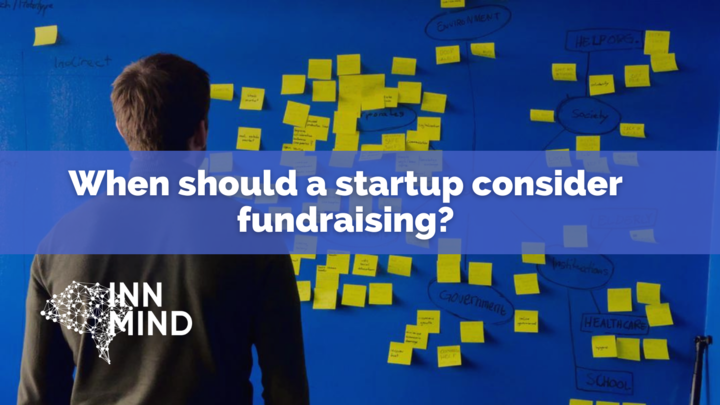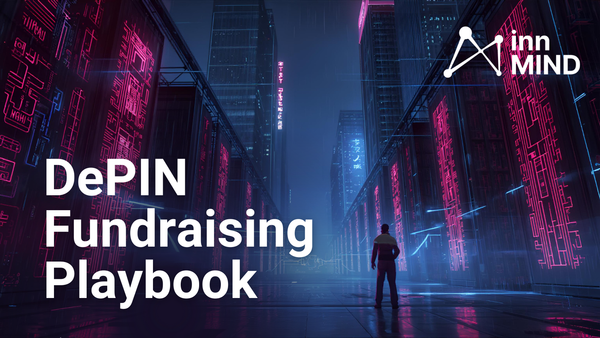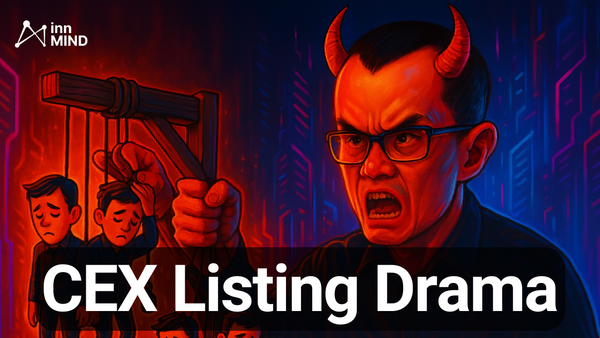When Should a Startup Consider Fundraising?
With most startup companies, fundraising is a crucial element that transforms them from a small team of entrepreneurs into a large outfit with widespread products or services.

Startups are early-stage businesses that attempt to grow with large-scale solutions. With most startup companies, fundraising is a crucial element that transforms them from a small team of entrepreneurs into a large outfit with widespread products or services. When should a startup consider funding? What should startups have before they look for fundraising from venture capitalists or investors?
The Role of Startup Fundraising
Fundraising is a pivotal step for every startup. Without fundraising, you may be hampering opportunities for potential growth. Most startups need investors, funding-like venture capitalists (VCs) or angel investors. When first established, most startups focus on long-term, scalable solutions and devote all their time and energy to making this happen.
Once a startup achieves this first stage of success, then a startup can consider fundraising.
Understanding the role of fundraising is just as critical as securing the required funding itself. When a startup seeks funding, they must search for someone to support them financially to jumpstart their passion and vision into reality. Fundraising's role is to give startups the monetary needs to continue their business model. Fundraising often also comes with a binding agreement, such as shares in the business or an interest-bearing note over a certain period.
The Reasons Why Fundraising is Important
Startup fundraising is essential as it improves the long-term probabilities of creating a successful business. Many startups dedicate most of their energy to building a solid team, discovering interaction strategies, and creating a prototype or minimum viable product (MVP) to produce at scale.
Startups often also begin with initial internal funding but do not have the financial backing they need on their own to scale. A startup needs enhanced equity to sustain or accelerate its growth to operate on a larger scale. Investment companies like VCs and CVCs or individual angel investors want to work alongside startups to meet this need.
When Should My Startup Begin Fundraising?
Startups can begin fundraising when they have a proven iteration of their solution or prototype/minimum viable product (MVP) and can no longer support their growing demand without external assistance.
A startup should only seek fundraising when it has maximized its potential internal infrastructure and has completed all of its short-term goals. When scaling becomes imminent, then it is time to start fundraising.
InnMind, a Venture Capital and startup investment matching platform, offers advice from experts to ensure you are going in the right direction as part of its monthly Workshop service. In these sessions, you can ask questions about the expectations of over 1,000 investors to guarantee you are meeting their needs. Click here to join over 5,000 startups already on the platform.
Four boxes to tick before seeking fundraising:
1. Proven Iteration
Startups that want to build large-scale operations need robust processes for creation and management, devised through a refinement of trial and error. These processes show that a startup has a proven development strategy for success, which is attractive for investors.
2. Minimum Viable Product (MVP)
An MVP is a basic version of your startup's product or service. An MVP created to acknowledge the needs or questions of the investors with which they can see or interact will prove more successful.
In some cases, an MVP may not be possible without the funding. In this instance, the startup needs to thoroughly conceptualize how an MVP will work and share this as part of a pitch deck to investors.
3. Imminent Scale
It is a great time to contact investors if your startup feels ready to scale. A good measurement model of scalable success is the Sigmoidal Curve (also known as the S-Curve). This theoretical mechanism helps determine when a startup is nearing its scaling point. The S-Curve suggests that when a startup has grown in all its solutions and product development, it is ready to expand and achieve success.
4. User Interest
Scaling may also fix supply issues based on your startup's product or service demand. When a startup notices it cannot handle the incoming traffic, it is a sign that its business model is successful. At this stage, startups should look for fundraising to maximize the potential business opportunity.
When to Wait for Fundraising
A startup is not likely ready for fundraising if it does not have a good development strategy or a product or service that can be replicated or scaled. Fundraising at the wrong time may negatively impact the growth of the business if the internal structure is not ready for it.
When dealing with investors, it is also wise to consider that most would be hesitant to take a startup if they cannot see a short to mid-term return on their investment (ROI). Although the time taken for an ROI can be an issue, it is not necessarily an indication of when to start or prevent fundraising.
Most startups are not ready for the fundraising part of their journey for the first two years of their existence. There are, of course, always exceptions. Some startups have been successful within a year of their creation. Likewise, a startup that has been around for five years does not automatically qualify as investment-ready.
Startups can also wait for fundraising if they can manage their financial books for the time being. It might even be worthwhile to continue improving and explore fundraising options when you are ready if your startup has the structure and resources to build your readiness for another year or two. This patience will also give you more time to consider the available types of fundraising.
Commonly, however, the longer a startup exists, the harder it is to show an effective growth curve, which could shy investors away from assistance. That is why it is so important to know what key indicators will show that now is the time to go for it.
When the time is right for your startup, InnMind's platform can open doors to investors ready to grow your business.





